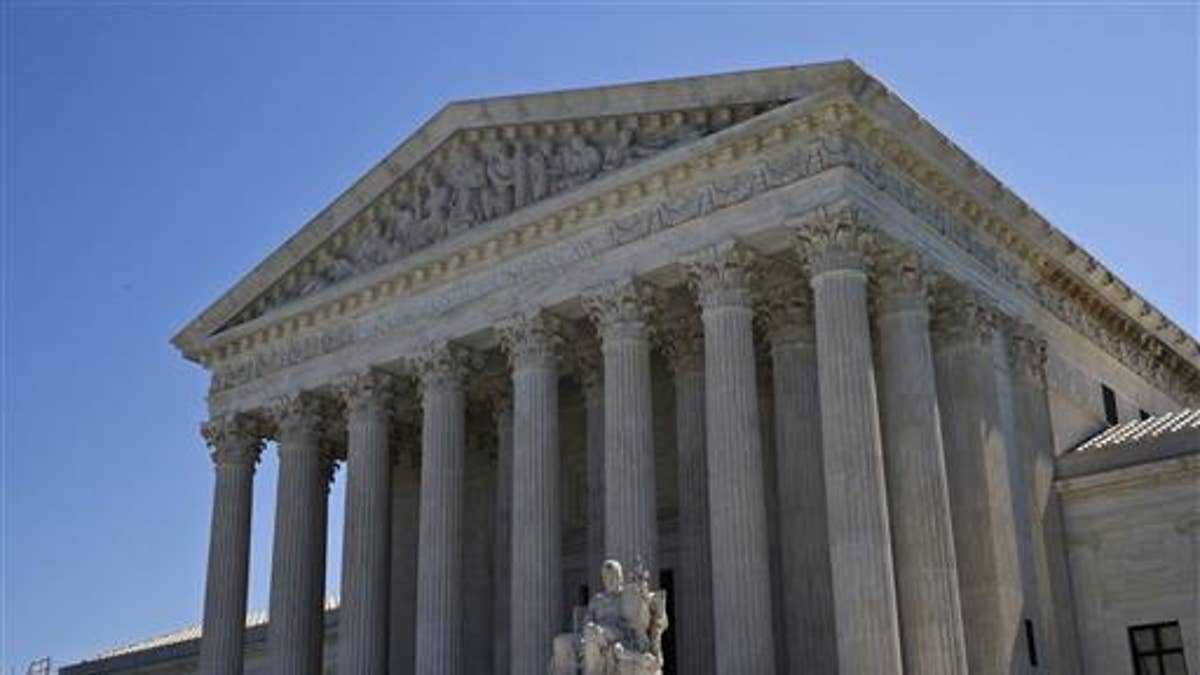
The Supreme Court on Tuesday narrowly rejected an appeal over whether a private pharmacy can be forced by the state to dispense the so-called "morning after" pill, in effect refusing to expand its look into a religious liberty fight and certain reproductive health services.
At issue is a 2005 Washington state order that a family-owned pharmacy in Olympia provide so-called emergency Plan B contraception -- including morning-after and week-after pills -- that the business owners equate to abortion, in violation of their closely-held religious beliefs.
While the official vote total was not released, at least three justices dissented on the decision not to intervene. Justice Samuel Alito strongly dissented, saying the signal from the court was clear: “Violate your sincerely held religious beliefs or get out of the pharmacy business.”
“If this is a sign of how religious liberty claims will be treated in the years ahead, those who value religious freedom have cause for great concern,” he wrote. Chief Justice John Roberts and Justice Clarence Thomas would also have granted the case for review.
The pharmacists say, as a proposed accommodation, when a customer asks for one of these drugs, they would be referred to one of more than 30 pharmacies within a five-mile radius that willingly offer these drugs.
Washington officials say their law -- similar to ones in eight other states -- ensures patient access to the medication, regardless of an individual pharmacist's personal beliefs.
The justices earlier punted on a separate but related issue over the federal ObamaCare health coverage law.
In that case a group of religious nonprofits -- including a Catholic charity run by nuns -- sought an exemption to a mandate in the Affordable Care Act to pay for, or indirectly allow, birth control and other reproductive health coverage in their employee health plans.
The high court threw the case back to the lower courts for further review without deciding the larger legal and constitutional questions.
The Washington state case had been pending at the Supreme Court for several months.
The case is Stormans v. Wiesman (15-862).




